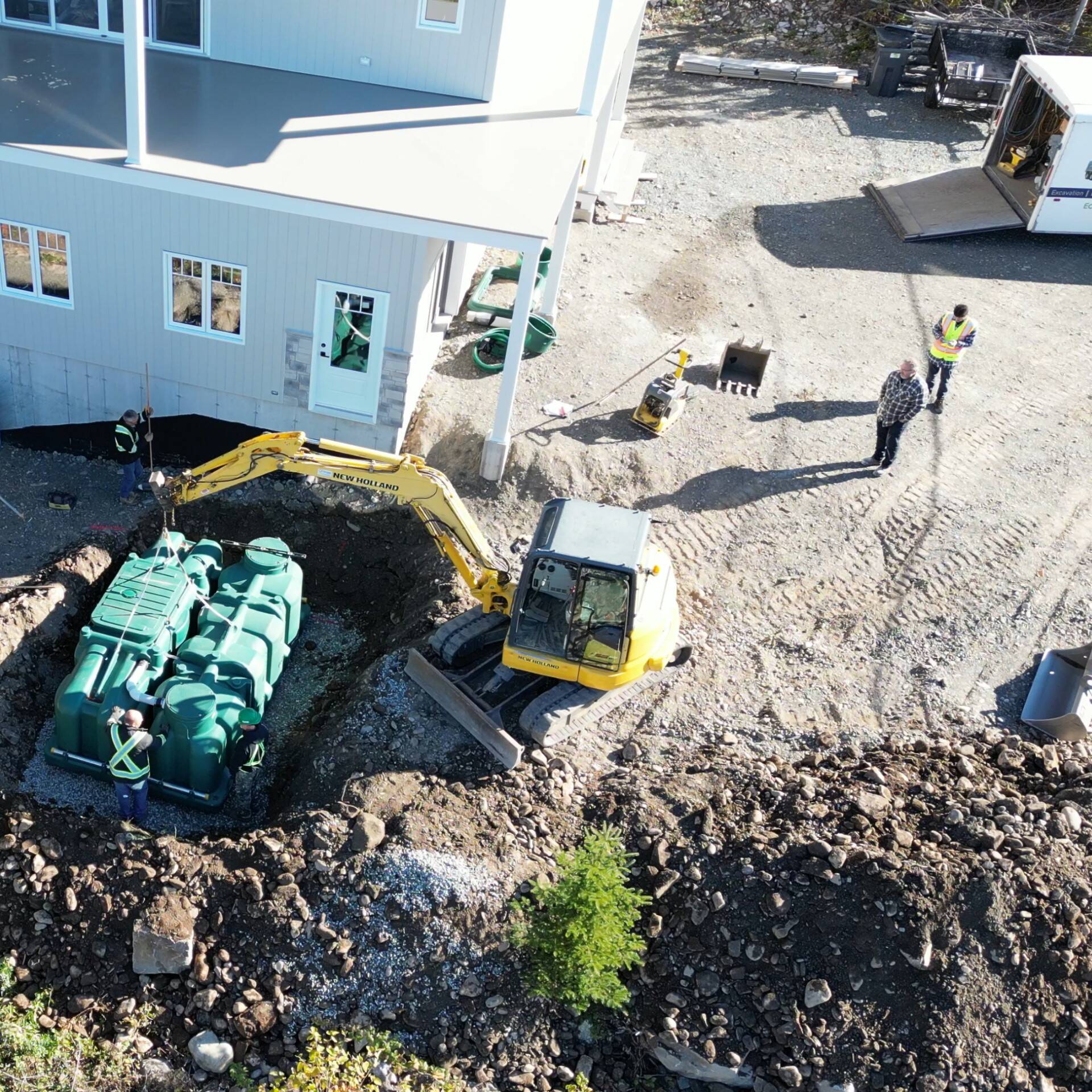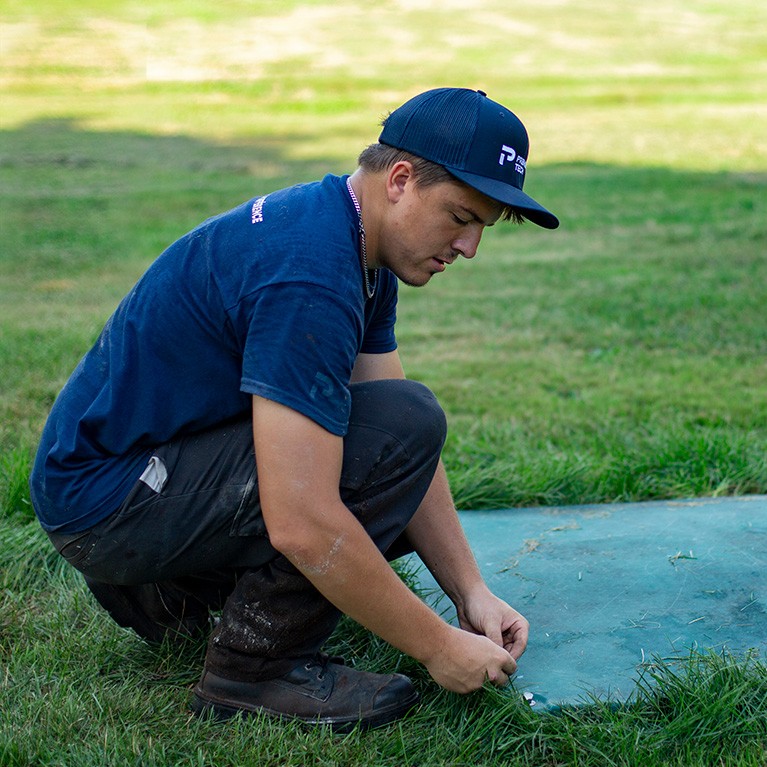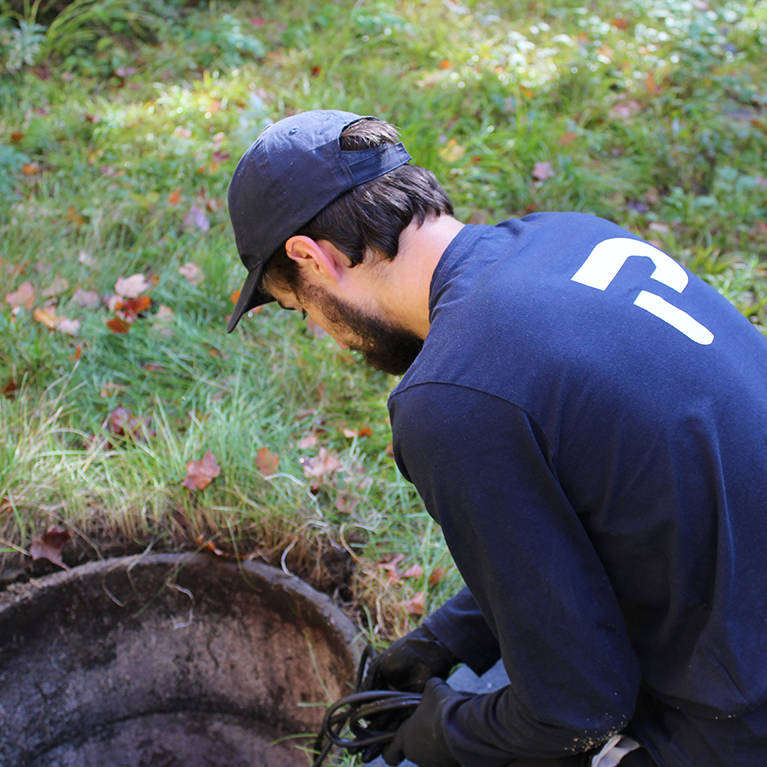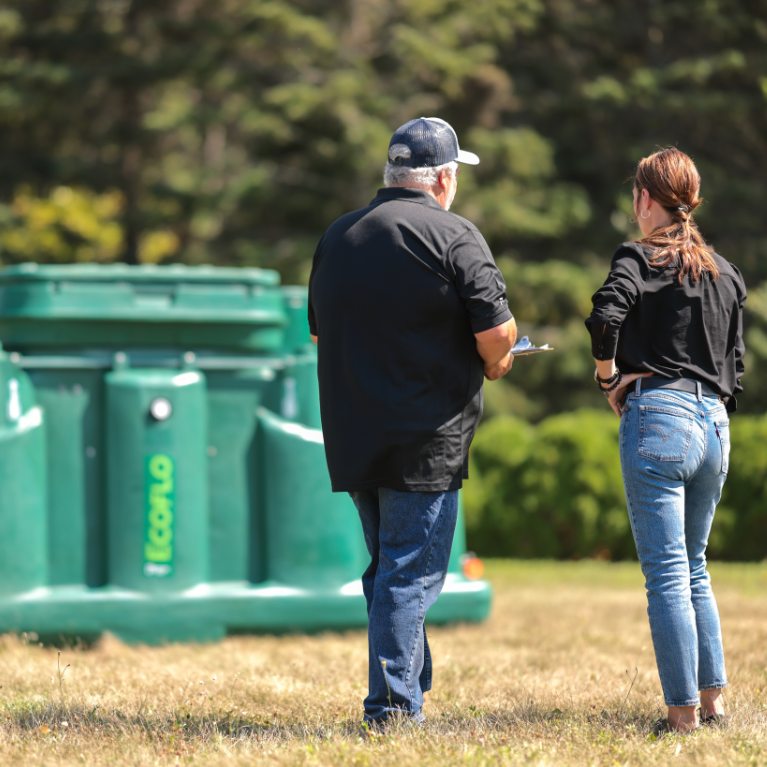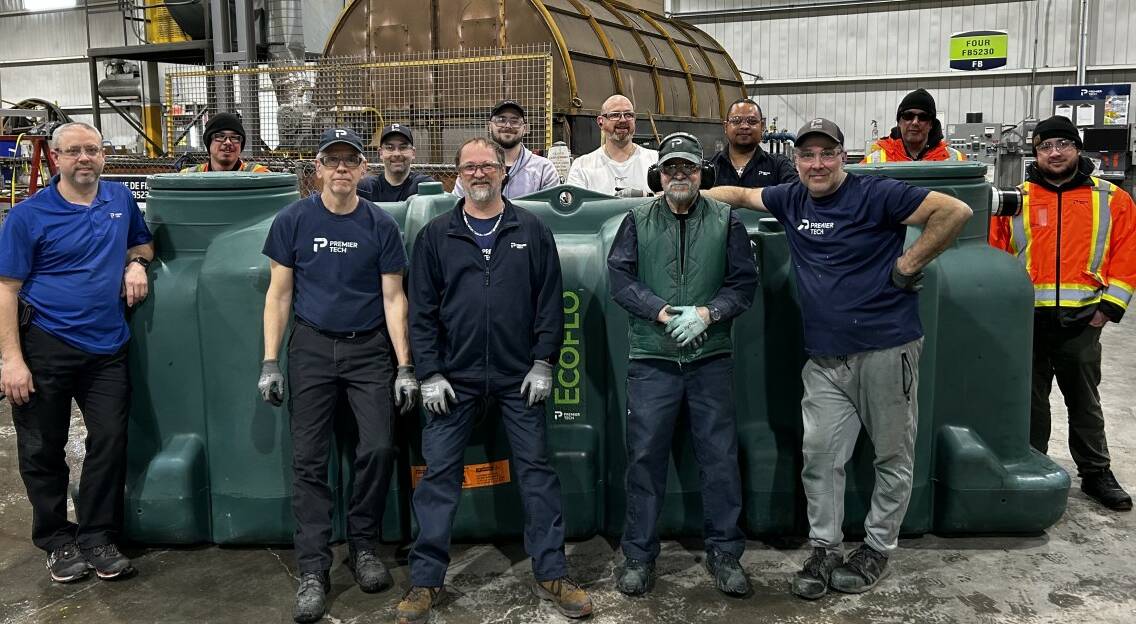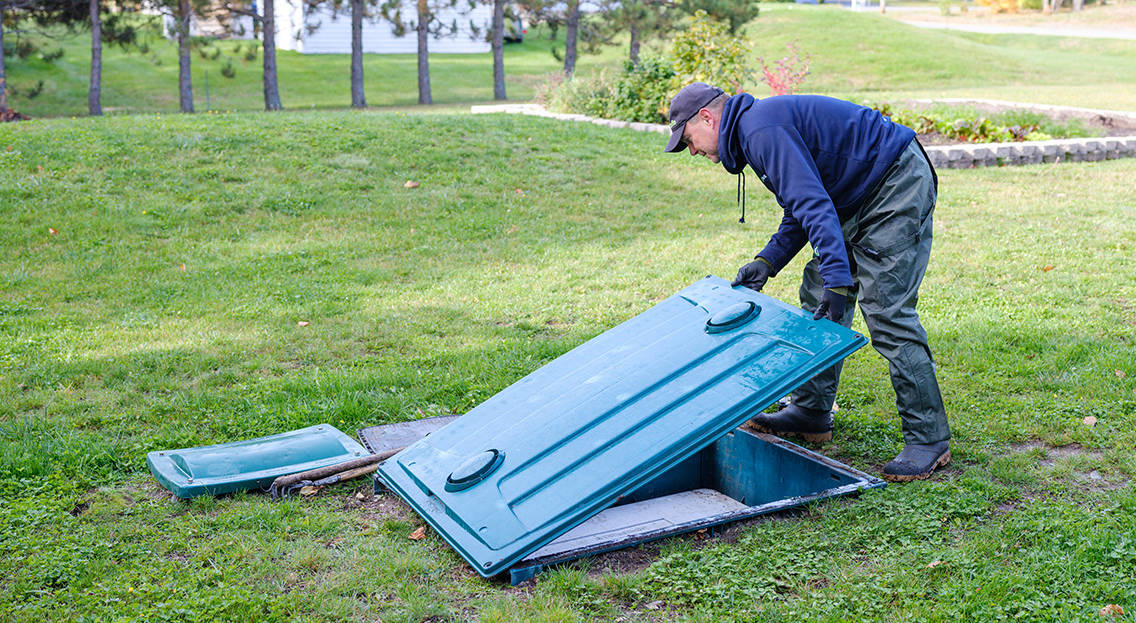Are septic tank additives good or bad?
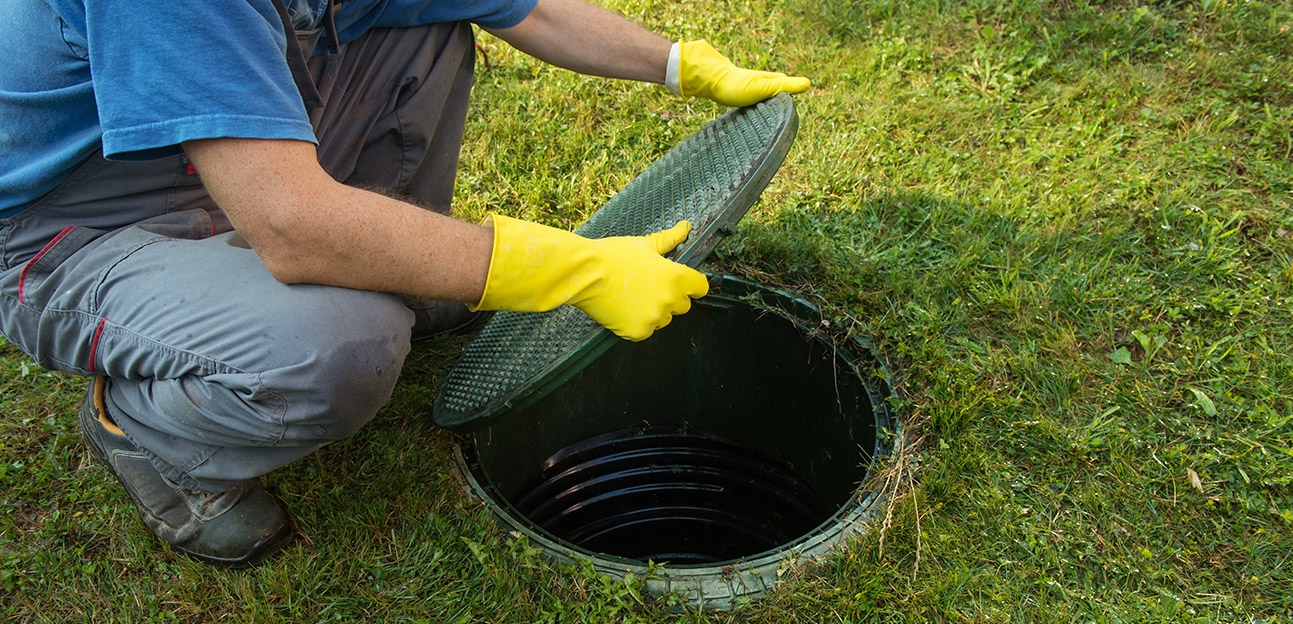
Septic tank additives are sold as ways to improve septic tank or drain field performance. They are available across Canada, but they lack standardized testing and formal certifications to back up their marketing claims. That can make it hard to know if additives really work, and if you need them at all.
As a neutral observer (we don't sell septic treatments or activators), we want to share some facts to help you make the best possible choice for your septic system.
Let's start by dividing additives into three categories: biological additives, inorganic compounds, and organic solvents.
Table of contents
Biological additives
Biological septic tank additives include yeasts, natural bacteria, and enzymes. They are meant to improve the bacterial flora in septic tanks and drain fields, control biomass, and reactivate dormant septic systems.
Do I need to add bacteria to my septic tank?
Healthy septic tanks already have enough bacteria to support the biological processes that treat human waste and wastewater.
By adding more bacteria in the tank, you create conditions in which bacterial populations compete against each other. This competition can do more harm than good.
Unhealthy septic systems are a different story. Often, the bacterial flora in these systems has been destabilized by large amounts of toxic substances, including:
- certain soaps
- disinfectants
- cleaning products
- medicines
- pesticides
When this happens, bacterial additives may help you re-establish a healthy balance in your septic system. To find out if this step is right for you, contact your septic system manufacturer or ask our team of experts.
Do I need to add septic tank enzymes?
Additives with enzymes (also known as bio enzymes) are meant to stimulate bacterial populations in septic tanks. They do this by changing the structure of organic matter so that bacteria can feed on it more easily.
There are two important things to know about septic tank enzymes:
- They are specific
For example, take two common enzymes: cellulase and protease. Cellulase breaks down only toilet paper and other fibrous materials. Protease breaks down only protein-based pollutants. These enzymes have no effect on other organic contaminants. - They are not alive and cannot reproduce
Unlike bacteria, enzymes must be regularly purchased and added to your septic system to maintain their intended performance.
Some septic tank enzymes are sold to limit the build-up of a scum layer. They work by allowing fats, oils, and greases to flow downstream into secondary treatment systems and other septic system components.
The problem is that fats, oils, and greases are not meant to flow downstream. If they do, they can overload your septic system components, damage their performance, and shorten their lifespan.
Inorganic compounds
Septic tank additives with inorganic compounds include acids and alkalis. They are meant to unclog septic system pipes. While these harsh chemical additives may work as advertised, we suggest you avoid them because they:
- corrode and cause leaks in concrete treatment tanks
- stop the anaerobic digestion process in septic tanks
- harm the bacteria that are essential to the wastewater treatment process
- reduce the effectiveness of conventional septic systems
- disrupt the performance of secondary treatment systems (including Ecoflo septic systems)
Organic solvents
Septic tank additives with organic solvents are meant to break down fats, oils, and greases. Again, even though these products may work, we suggest you avoid them because they:
- kill the bacteria in septic tanks
- negatively affect the health of conventional septic systems
- impair the performance of secondary treatment systems
- contaminate groundwater
The verdict on septic tank additives
It may be hard to decide if septic tank additives are good or bad. This article, the scientific community, and the environmental regulations in your area can help you make an informed decision.
What science says about septic tank additives
There is little scientific data to suggest that you should add bacteria or enzymes to your septic system.
The United States Environmental Protection Agency reported that biological additives do not appear to improve the performance of healthy septic tanks. These same findings were unable to justify the cost of septic system additives for residential use (EPA, United States, 2002).
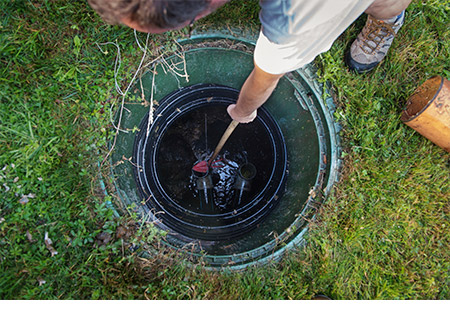
Septic regulations near you
Many septic additives claim to break down organic waste, and therefore eliminate the need for septic tank pumping. Be skeptical of these claims.
Your wastewater is more than just organic waste. It contains minerals, synthetic fibres, plastics, and other solids. No amount of septic tank additives will break down these materials. They build up as sludge at the bottom of your tank and stay there until a septic pumper removes them.
Local authorities understand that the build-up of sludge is inevitable. That is why most jurisdictions require homeowners to have their septic tanks pumped on a regular basis. No matter how much money you spend on septic tank additives, you still need to follow these maintenance regulations.
